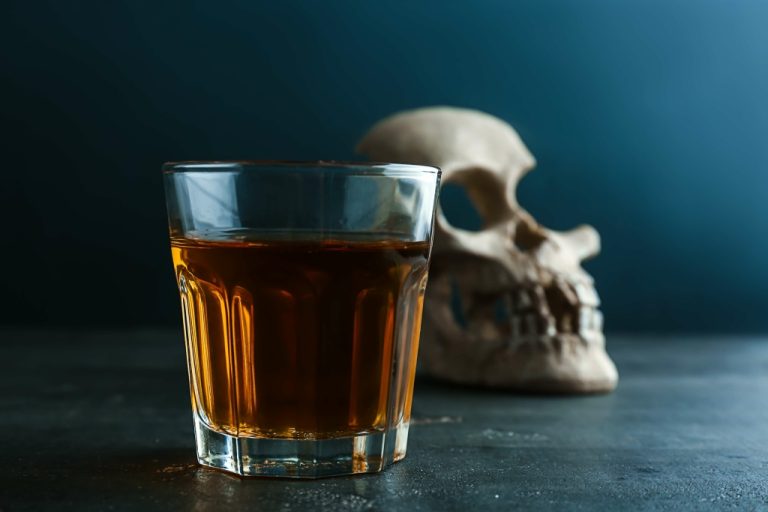Alcohol & Sleep: How Drinking Impacts Sleep
It’s where your brain processes memories, regulates mood, and resets for the next day. But after a few drinks, your brain spends less time in the REM stage. We’re breaking down how alcohol messes with your breathing while you sleep, why it turns some of us into snores after a couple of drinks, and most importantly, what you can do about it. The good news is that you don’t have to give up for favorite drink entirely. A few smart tweaks to your routine might be all it takes to keep the noise down and wake up feeling more rested (and maybe avoid getting elbowed in the ribs all night). Also, changing your adjusting position may help (best sleeping position for snoring).
Sleep Satisfaction and Energy Levels
Insomnia is a sleep disorder in which people have difficulty falling asleep and Alcohol Use Disorder staying asleep. Individuals may be able to fall asleep but wake up throughout the night, or they’ll have difficulty falling asleep in the first place. Unfortunately, insomnia can lead to daytime sleepiness and other health issues. Although alcohol may help you fall asleep faster, it can negatively impact the overall quality of your sleep.

Bucks County Recovery May Begin in Levittown PA Drug Rehab
If you want to enjoy high-quality sleep, it is recommended to give your body as much time as possible to metabolize the alcohol before going to bed. As a rule of thumb, it takes about one hour for the liver to metabolize one standard drink. While alcohol may make you fall asleep faster, the quality of your rest is significantly compromised, which is why quitting drinking often leads to better sleep.
Does Alcohol Make You Sleepy?
This gives your liver time to break down the alcohol and might give your sleep a fighting chance. “Initially, alcohol reduces the amount of time it takes to enter stage 3 — Non-REM, slow-wave sleep, the deepest sleep stage where we are mostly unconscious,” says Rohrscheib. Initially, alcohol might increase deep sleep during the first half of the night, but it reduces REM sleep, which is essential for cognitive functions and emotional regulation. If you are struggling with chronic sleep disturbances or alcohol dependence, seeking professional help is crucial. Cognitive-behavioral therapy (CBT) and other therapeutic interventions can be effective in addressing both sleep disorders and alcohol use. Whether you have had one or multiple drinks, it’s best to wait for your body to fully process the alcohol before heading to bed.
How to practice gratitude to improve mental well-being
- This newfound ability to sleep without alcohol can be incredibly empowering and contribute to overall improvements in mental health and well-being.
- Poor or insufficient REM sleep can cause grogginess the next day, as well as increasing the risk of disease and early death.
- This is because alcohol relaxes your throat muscles, making it harder for air to reach your lungs.
- This imbalance can lead to frequent awakenings and a reduction in overall sleep quality.
Here’s how a well-rounded lifestyle can help rejuvenate your system. It involves facing several hurdles over a long time, and sobriety fatigue does alcohol make you sleep longer is one of those. It refers to the persistent tiredness and lethargy that you might experience for weeks or even months after the initial detox phase. Unbeknownst to many, it’s a common reaction that has a scientific explanation. We’ll illuminate why it happens and arm you with practical tips to navigate this often unnoticed phase in your dry journey.
Through exploring how https://ecosoberhouse.com/ alcohol affects your energy levels and reviewing the reality of PAWS, we can better comprehend why exhaustion follows the decision to quit drinking. This valuable knowledge helps create more realistic expectations and effective management plans during recovery periods. The reduction in REM sleep can have several cognitive and emotional consequences.

The Long-Term Effects: Sobriety Fatigue
Adolescence is a critical period of development, and the effects of alcohol on sleep can have long-lasting consequences. Let’s explore how alcohol impacts sleep in adolescents, including its effects on brain development, growth and endocrine system, and the relationship between sleepiness and alcohol use. When the airway becomes partially blocked, the airflow becomes turbulent, causing the tissues in the throat to vibrate and produce the characteristic snoring sound.
Control Your Drinking
This effect tends to be more prominent when blood alcohol levels are high. However, as the night progresses and blood alcohol levels decrease, sleep can become disrupted and of poor quality. If I drink regularly, will my body just get used to it and my sleep will go back to normal?
What Is a Holistic Treatment Center for Addiction?
Alcohol interferes with deep sleep and REM sleep, both of which are essential for feeling well-rested. Even if you sleep for a full night, the disrupted cycles can make you feel groggy the next day. Yes, alcohol can initially make you feel drowsy and help you fall asleep faster. However, it disrupts the quality of your sleep by reducing REM cycles, leading to lighter, less restorative rest. As the body metabolizes alcohol, its sedative effects wear off, often causing middle-of-the-night wakefulness.
